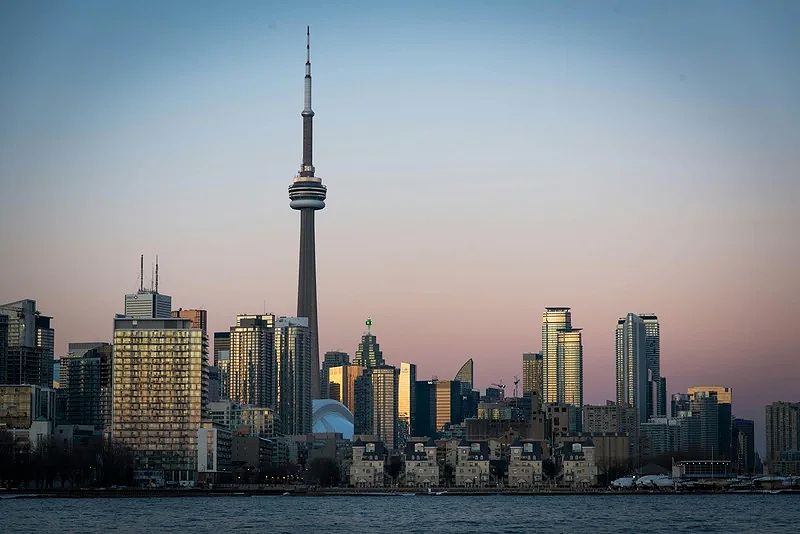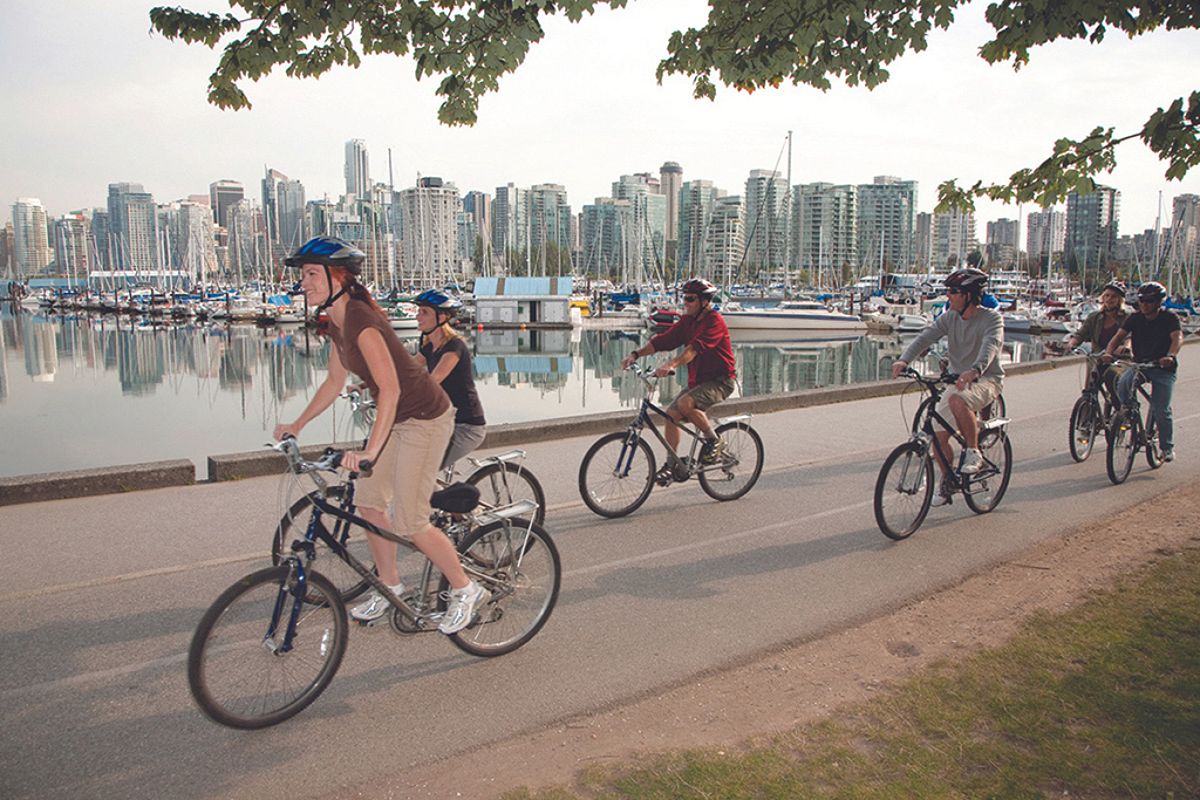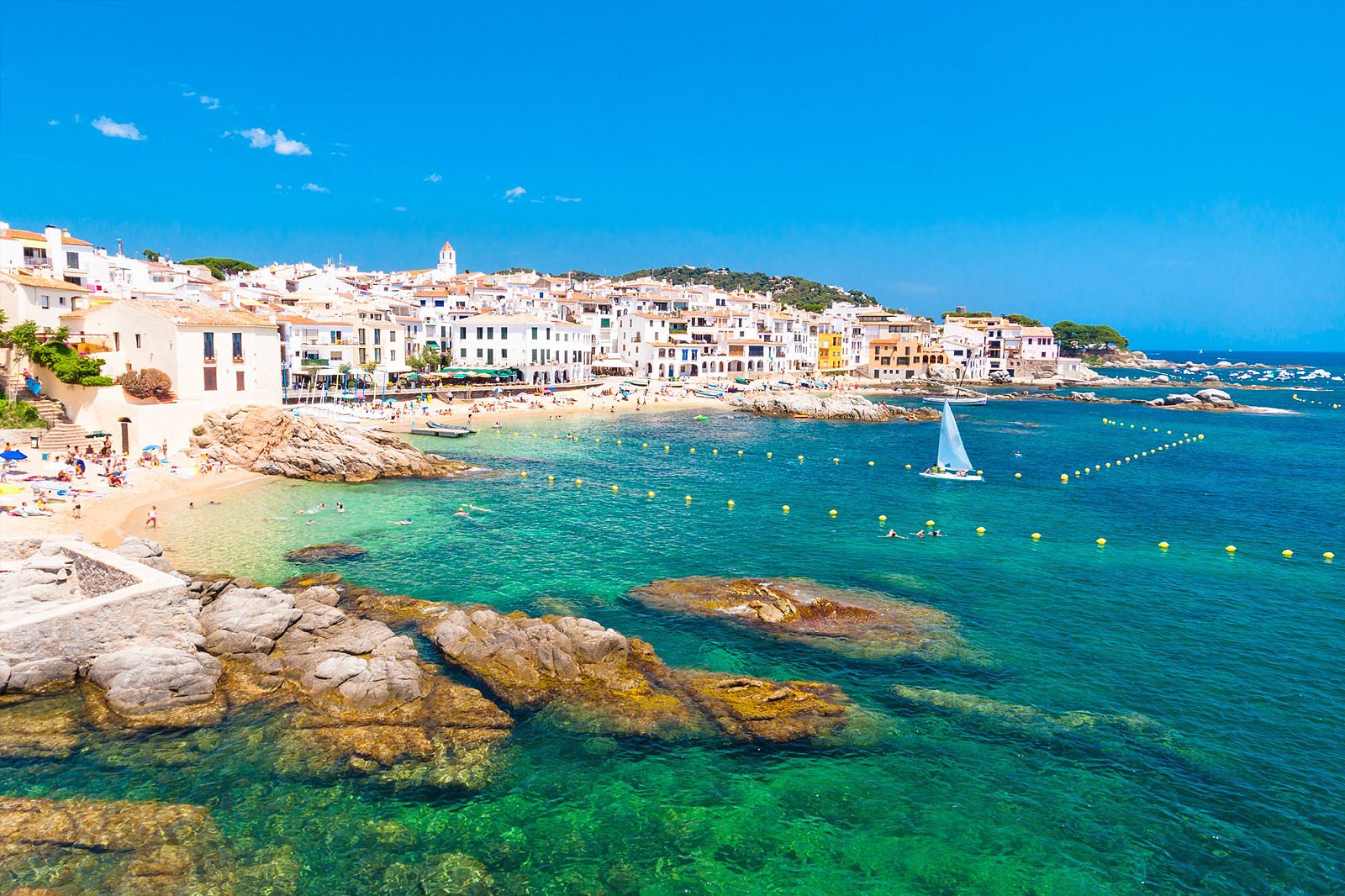The Best City To Travel In Canada: A Guide For International Students
Studying abroad in Canada presents a unique opportunity to immerse yourself in a multicultural environment and receive a world-class education. However, the notion of Canada as a homogenous nation with a uniform student experience is outdated. Each city possesses its own distinct character, from the cosmopolitan energy of Toronto to the bilingual charm of Montreal. This article will guide you through the diverse landscape of Canadian cities, helping you pinpoint the best city to travel in Canada for your academic and personal goals as you search for the ideal place to study.
Top Canadian Cities for International Students
Choosing the right city can be a daunting task for international students, but understanding the unique strengths and challenges of each city is essential for making an informed decision. Let’s explore five standout Canadian cities that offer distinct advantages for students pursuing their education abroad.
Toronto, Ontario
Toronto is often touted as one of the best cities for international students in Canada, thanks to its vibrant multicultural atmosphere. This bustling metropolis is home to prestigious institutions like the University of Toronto and York University, offering a wide array of programs to suit various academic interests.
Strengths:
- Diverse Population: Toronto’s large international student community creates a welcoming environment, making it easier for newcomers to adapt.
- Efficient Public Transportation: The city’s well-developed public transport system allows students to navigate the city with ease, connecting them to various neighborhoods and attractions.
- Cultural Experiences: From world-class museums to live music events, there’s always something happening in Toronto to keep you entertained.
- Culinary Diversity: Food lovers will appreciate the wide range of international cuisines available in the city.

Challenges:
- High Cost of Living: The cost of living, particularly housing and dining, can be substantial in Toronto.
- Competitive Job Market: While job opportunities are plentiful, competition can be fierce, especially in sought-after fields.
Vancouver, British Columbia
Vancouver stands out not only for its stunning natural beauty but also for its commitment to sustainability. The University of British Columbia and Simon Fraser University are leading institutions that attract students from around the globe.
Strengths:
- Mild Climate: Compared to other Canadian cities, Vancouver enjoys a relatively mild climate, making it more appealing year-round.
- Outdoor Activities: Surrounded by mountains and water, the city offers endless opportunities for hiking, skiing, and other outdoor adventures.
- Growing Tech Scene: Vancouver’s burgeoning tech industry provides various job prospects for students in related fields.

Challenges:
- Expensive Housing: The cost of living, particularly in housing, is on the rise, making budget-friendly accommodations crucial.
- Housing Competition: The high demand for affordable housing can make finding a place challenging.
Montreal, Quebec
Montreal offers a unique blend of French and English cultures, making it an exciting destination for international students. The city is home to renowned institutions like McGill University and Université de Montréal, attracting students seeking a vibrant academic environment.
Strengths:
- Affordable Living: Compared to other major cities, Montreal offers a lower cost of living, particularly in housing and dining.
- Rich Cultural Scene: The city is famous for its festivals, art galleries, and music events, providing students with a lively social atmosphere.
- Historic Charm: With its stunning architecture and cobblestone streets, Montreal is a feast for the eyes.

Challenges:
- Language Barrier: While many programs are offered in English, a good grasp of French can enhance the experience and open up additional opportunities.
- Cold Winters: Students not accustomed to harsh winters may find the climate a bit challenging.
Ottawa, Ontario
As Canada’s capital, Ottawa is steeped in history and political significance. It’s an ideal choice for international students interested in government, public service, or research. Notable institutions include Carleton University and the University of Ottawa.
Strengths:
- Cultural Institutions: The city is home to national museums, galleries, and historical sites, enriching the student experience.
- Affordability: Ottawa’s cost of living is generally lower than that of larger cities like Toronto and Vancouver.
- Safety and Cleanliness: Known for its cleanliness and safety, Ottawa is a great choice for families and students alike.
Challenges:
- Slower Pace of Life: Some may find Ottawa’s pace slower than that of other major cities, which can be either a pro or a con.
- Limited Job Opportunities: Depending on your field of study, job prospects may not be as robust as in larger cities.
Calgary, Alberta
Calgary is recognized for its strong economy, particularly in the energy sector. It offers a wealth of educational opportunities at institutions like the University of Calgary and Mount Royal University.
Strengths:
- Affordable Living: Calgary generally has a lower cost of living compared to Toronto and Vancouver, making it budget-friendly for students.
- Job Opportunities: The city’s robust economy provides numerous job prospects, especially in business and engineering.
- Access to Nature: Proximity to the Canadian Rockies means students can easily explore breathtaking landscapes and outdoor activities.

Challenges:
- Cold Winters: Students may find Calgary’s long, cold winters challenging, especially if they’re not accustomed to such climates.
- Limited Public Transport: While the city has some public transit, it may not be as extensive as in other major urban centers.
Key Factors to Consider When Choosing the Best City to Travel in Canada
When searching for the best city to study in Canada, it’s crucial to consider various factors beyond just the city’s appeal. Let’s explore the essential elements that will help you make a well-rounded decision.
Program of Study
Aligning your academic goals with the strengths of each city’s educational institutions is vital. Research specific programs and their reputations to ensure you find a city that aligns with your career aspirations. Each location has unique specialties, so consider what best fits your interests.
Cost of Living
Understanding the cost of living is essential for budgeting effectively. Analyze expenses related to housing, transportation, food, and entertainment. Cities like Montreal may offer more affordable living options, while Toronto and Vancouver might require a more significant financial commitment.
Student Life and Community
The social scene can significantly influence your experience as an international student. Investigate the presence of international student organizations, cultural events, and recreational activities in each city. A vibrant community can enhance your overall experience and help you forge lasting connections.
Job Opportunities and Post-Graduation Work Options
Evaluate the job market in each city, particularly in industries relevant to your field of study. Cities like Toronto and Calgary generally offer strong job prospects, while Ottawa provides unique opportunities in government and public service. Familiarize yourself with post-graduation work permit options to better understand your career path after your studies.
Language Requirements
Language can be a significant factor in your study experience, particularly in Quebec, where French is the official language. While many programs are offered in English, being proficient in French can enhance your opportunities. Research language courses and resources available to help you adapt.
Tips for International Students
Transitioning to life in a new country can be daunting, but there are several steps you can take to ease the process. Here are some practical tips to help you navigate your new adventure in Canada.
Research Universities and Colleges
Thoroughly research universities and colleges to find the right program and environment for your needs. Look into faculty, course offerings, and student life to gain a comprehensive understanding of each institution.
Apply for Scholarships and Financial Aid
Many universities offer specific scholarships for international students. Applying for financial aid can help alleviate some financial burdens, so be sure to explore these options early.
Secure Student Housing
Investigate different accommodation types, including on-campus housing, off-campus apartments, and shared living arrangements. Start your housing search early to find a suitable place that fits your budget.
Learn About Canadian Culture
Familiarizing yourself with Canadian customs and traditions will aid in your adjustment. Understanding local etiquette can help you feel more at home and enhance your interactions with fellow students and locals.
Network with Other International Students
Connecting with other international students can provide a valuable support system as you navigate your new environment. Engaging with peers can lead to friendships and shared experiences, making your transition smoother.
FAQ
Q: What are the visa requirements for international students in Canada?
A: International students typically require a valid study permit to enroll in Canadian educational institutions. The application process involves submitting various documents, including a letter of acceptance from a designated learning institution and proof of financial resources.
Q: How can I find affordable housing in Canada as an international student?
A: Finding affordable housing can be challenging, but many universities offer on-campus residences, which can be more cost-effective. Additionally, searching for off-campus apartments or shared accommodations with other students can help you find budget-friendly options.
Q: What are the job prospects for international students after graduation?
A: International students in Canada can apply for a post-graduation work permit, allowing them to work in the country for a specified period after completing their studies. Job prospects vary depending on the field of study and city, but cities like Toronto, Vancouver, and Calgary generally offer diverse employment opportunities.
Conclusion
In conclusion, finding the best city to study in Canada for your international education requires careful consideration of various factors, including educational opportunities, cultural experiences, and lifestyle preferences. Cities like Toronto, Vancouver, Montreal, Ottawa, and Calgary each offer unique advantages and challenges for international students.
By evaluating your academic goals, budget, and social preferences, you can discover the ideal city to thrive both academically and socially during your time in Canada. Embrace the adventure, and take the first step toward an enriching educational experience in this beautiful country.
MORE FROM ismath.net












